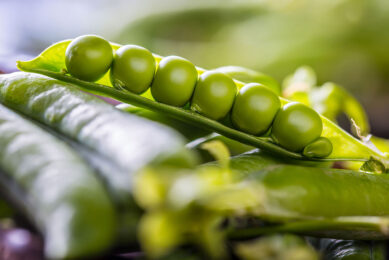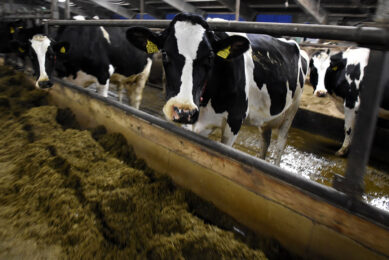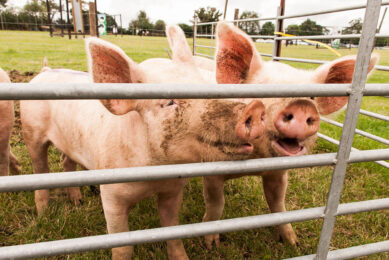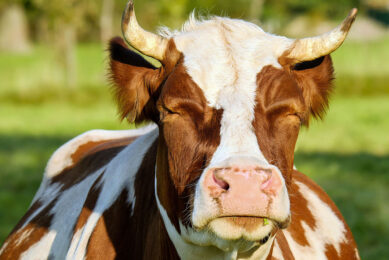Top 5 soybean meal alternatives: 3. Insect meal
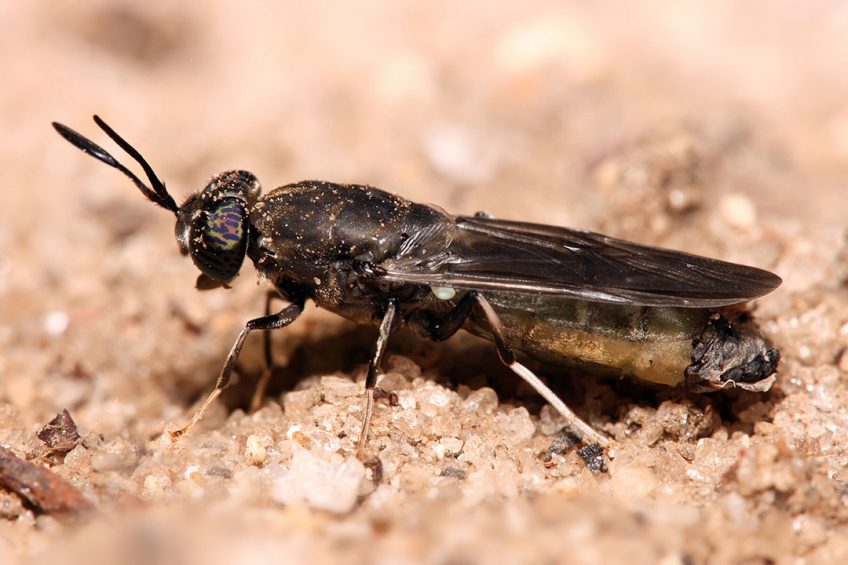
This is the third in the series of the top 5 most-promising soybean meal alternatives which we will share over the next couple of weeks, terms of protein profile, availability, sustainability and more. This week we look at insect meal.
Soybean meal (SBM) is an excellent protein source for many livestock species and it is currently the most common protein component in compound feed for pigs, poultry and dairy cattle. However, because the price of SBM fluctuates and can be very high, farmers are actively investigating ingredients that can serve as full or partial replacements.
Insect meal
Insect meal is a growing alternative to other feed protein sources such as SBM. It is nutritious, economical and can be produced locally. Insect meals can contain up to about 80% protein, as well as fatty acids and antimicrobial peptides. In particular, black soldier fly meal is much higher in lipids and calcium compared to SBM. It is particularly suitable to feed insect protein to some livestock types such as some fish and poultry because insects are a natural source of food for their wild counterparts.
Because insects consume food waste, this protein ingredient is highly-sustainable and insect meal is therefore known as a ‘circular economy’ feed. Insect meal production for a variety of livestock sectors is ramping up in Europe, North America, Australia and beyond, but it will take time for capacity to increase significantly.
Processed Animal Proteins
As of July 2021, it was expected that the European Commission would determine no health risk from allowing Processed Animal Proteins (PAP) from pigs and insects to be fed to poultry, lifting a long-time ban.
Feeding insects
In terms of how insects themselves are fed, only certain animal products are allowed. Use of brain and nervous system materials, for example, is prohibited in Europe and other parts of the world in order to prevent potential transmission of zoonotic diseases. As of mid-2021, according to the EU-based International Platform of Insects for Food and Feed, insects produced for feed may be fed plant-based material, but also milk, eggs, milk or egg products, honey, and rendered fat or blood products from non-ruminant animals.
Although there is huge potential in insect meal, experts say we need more study to determine whether there is sustainable profitability in its production. In addition, more promotion of insect meal as a feed ingredient is needed to build consumer interest and acceptance.




